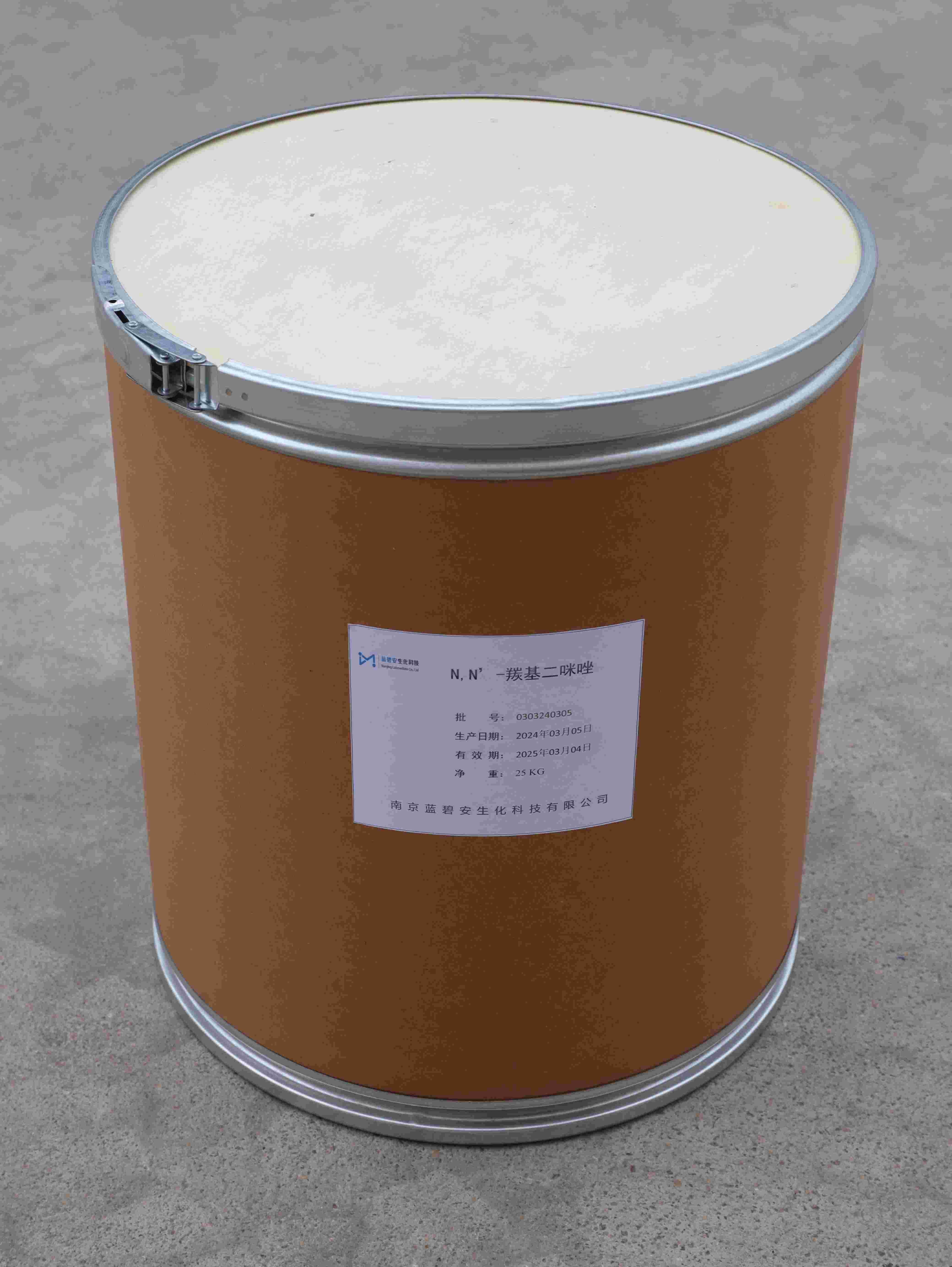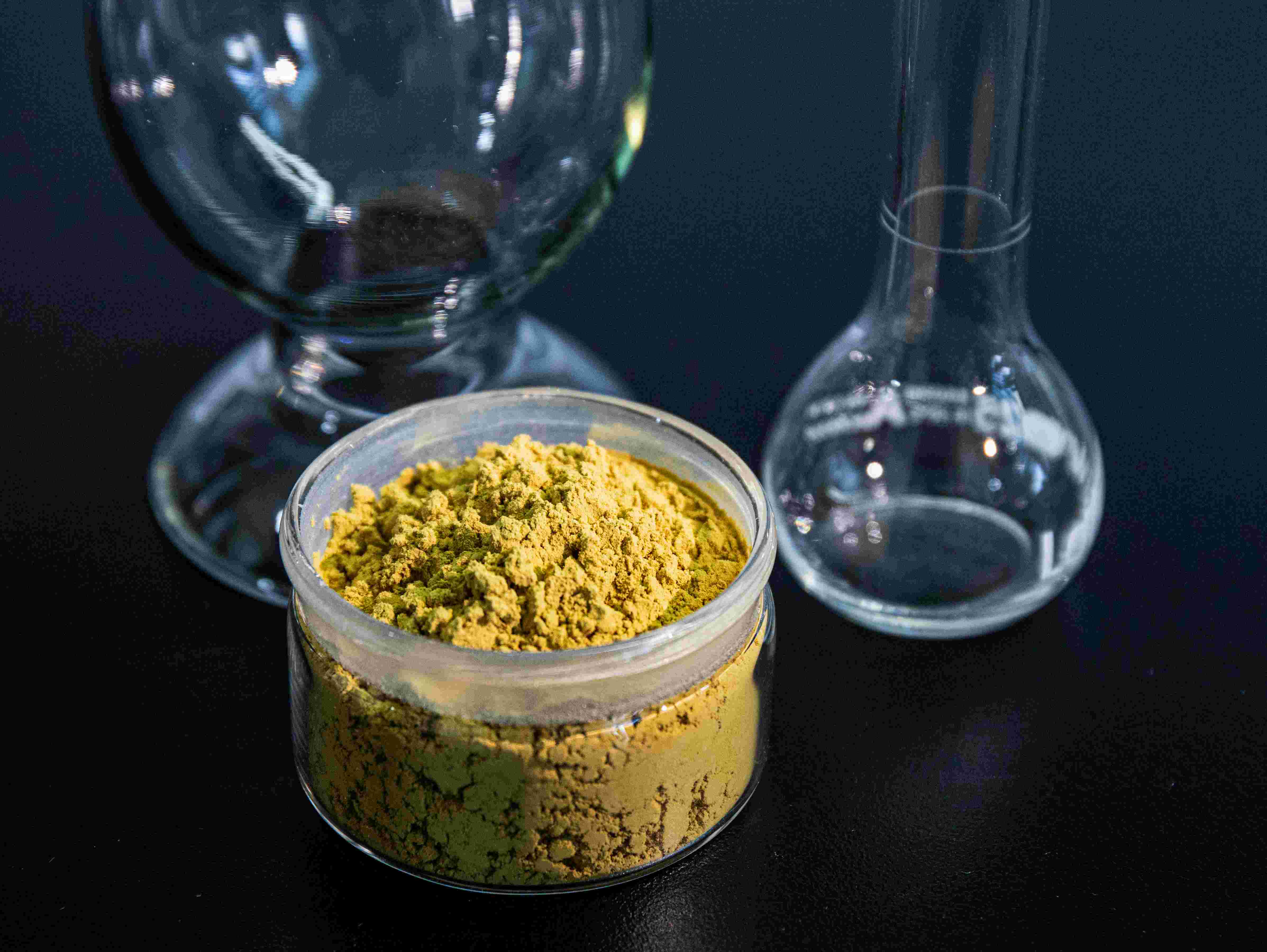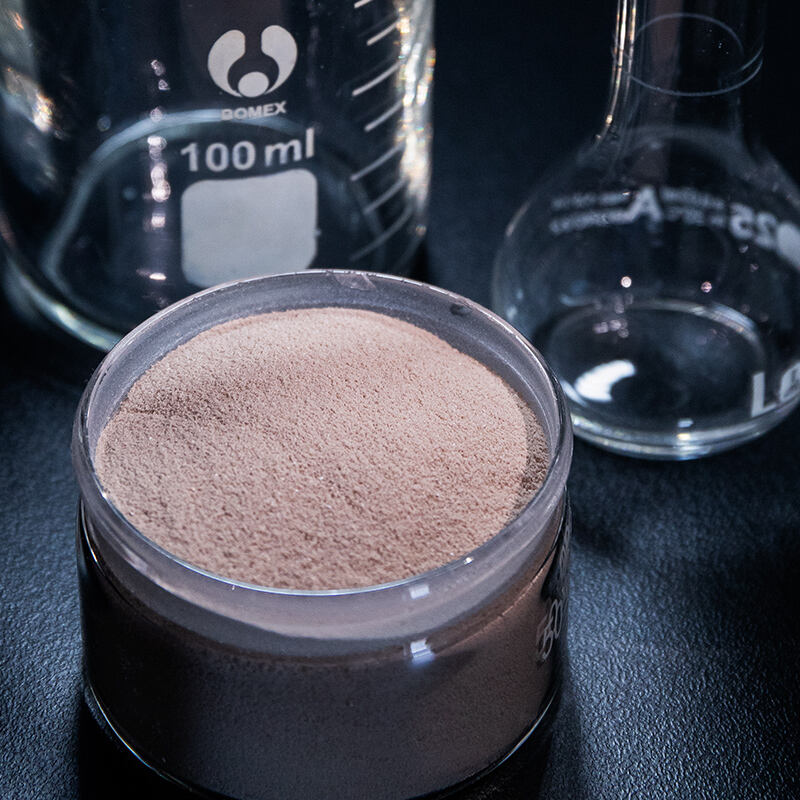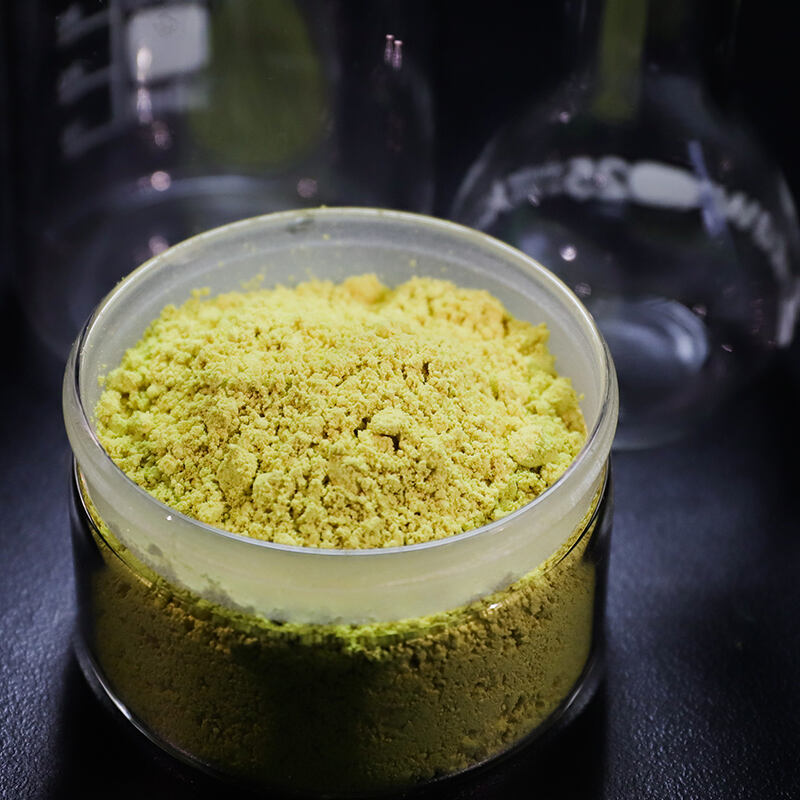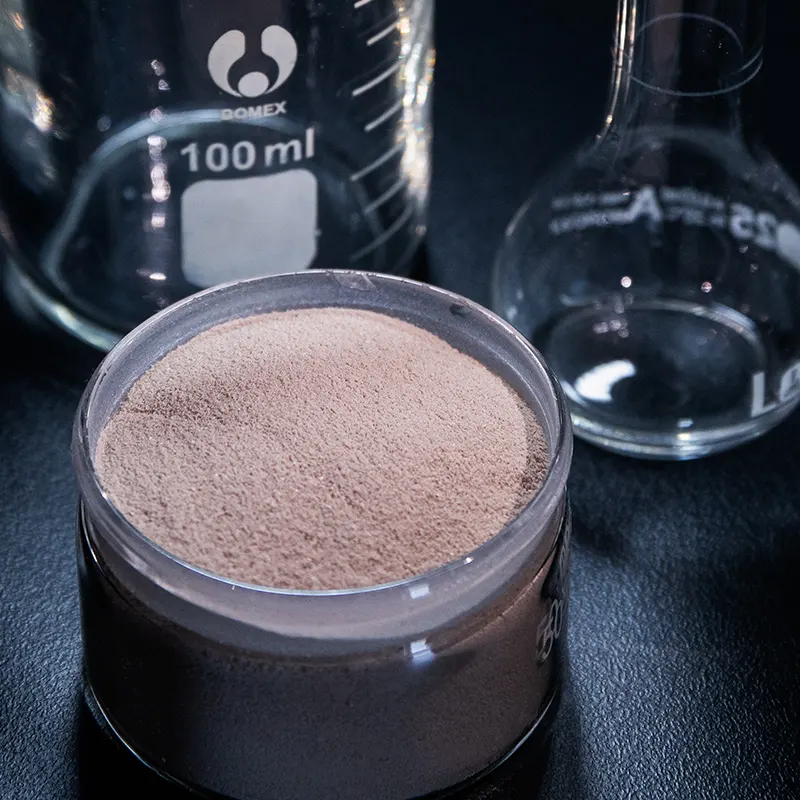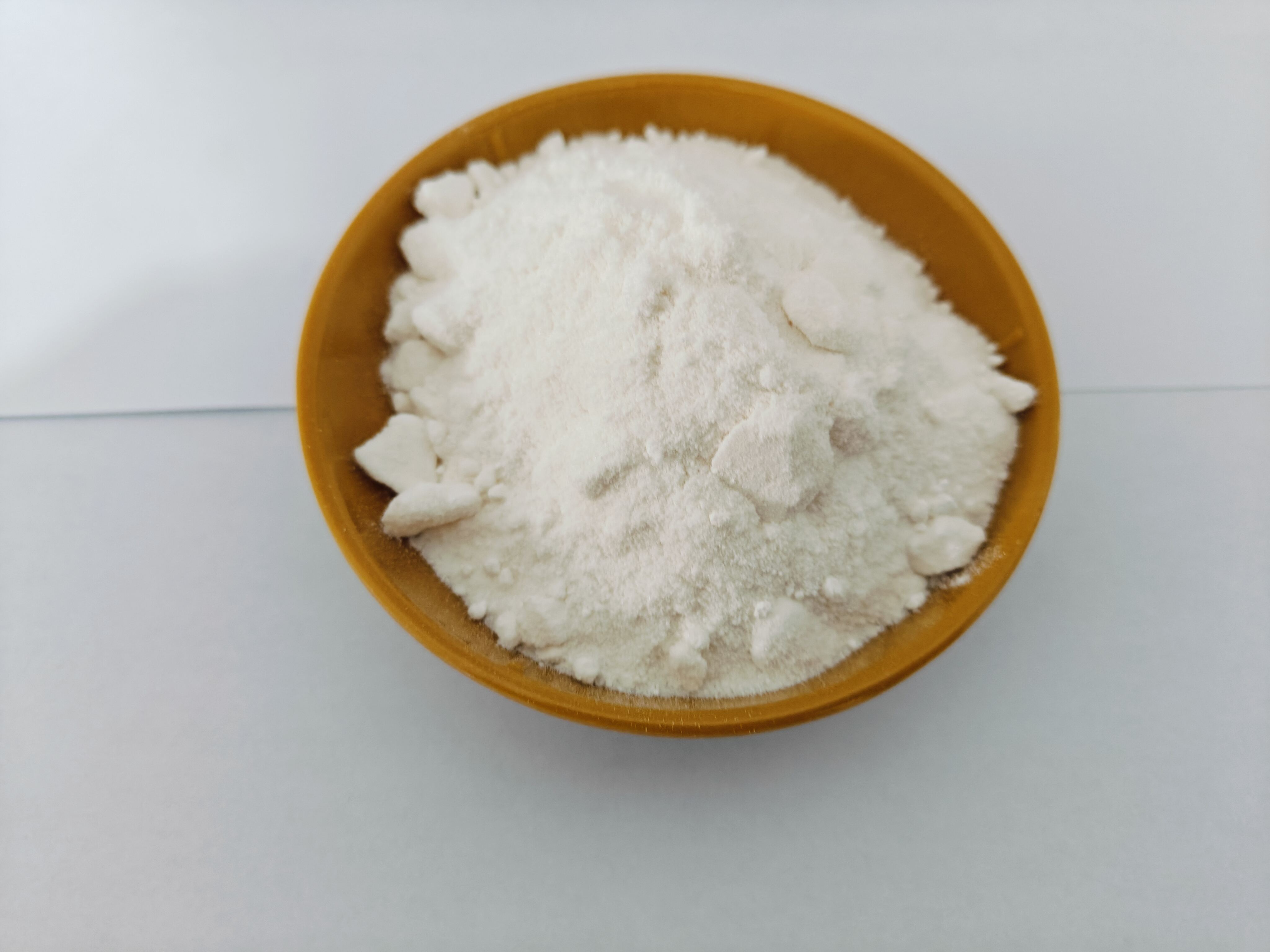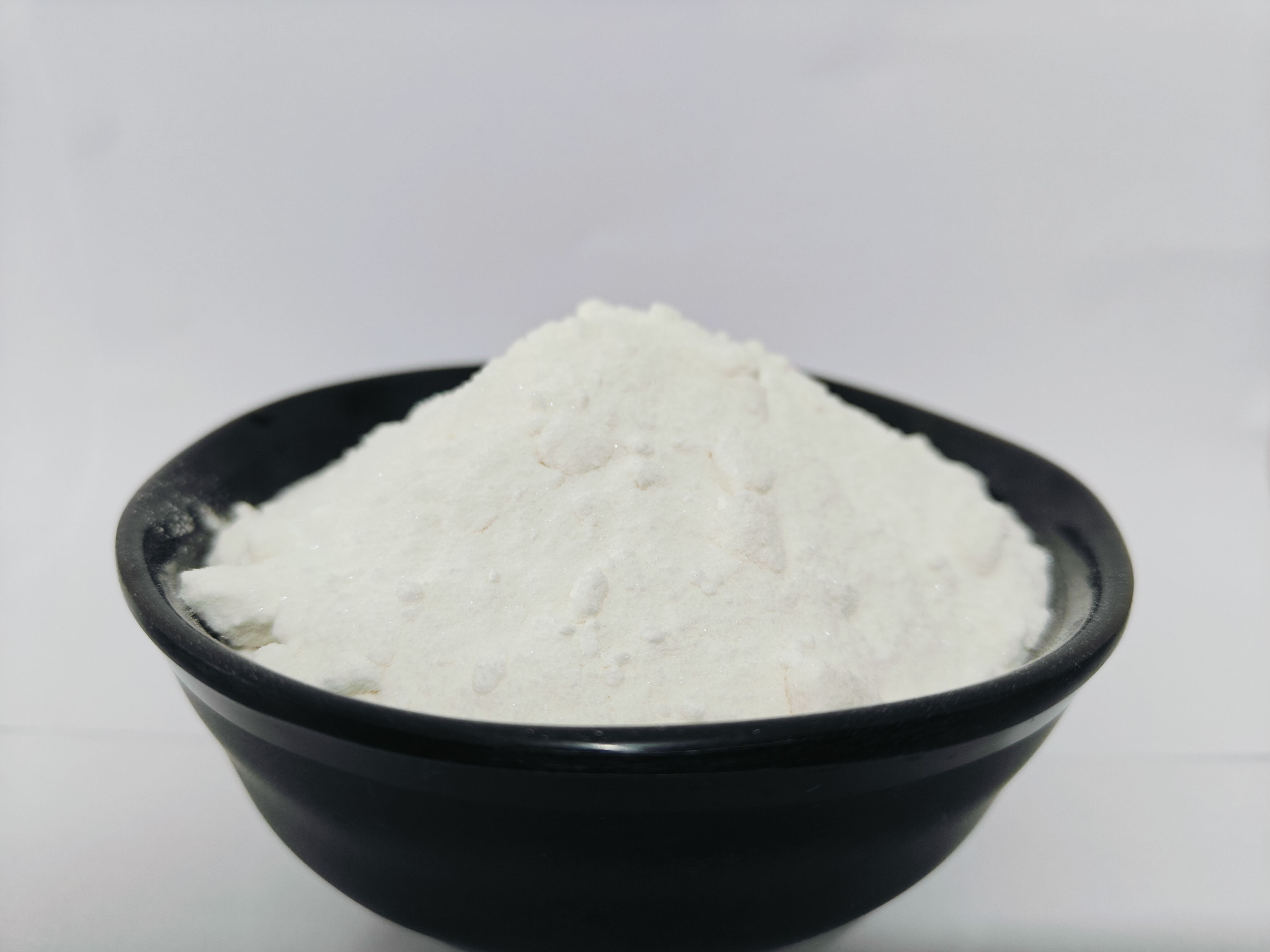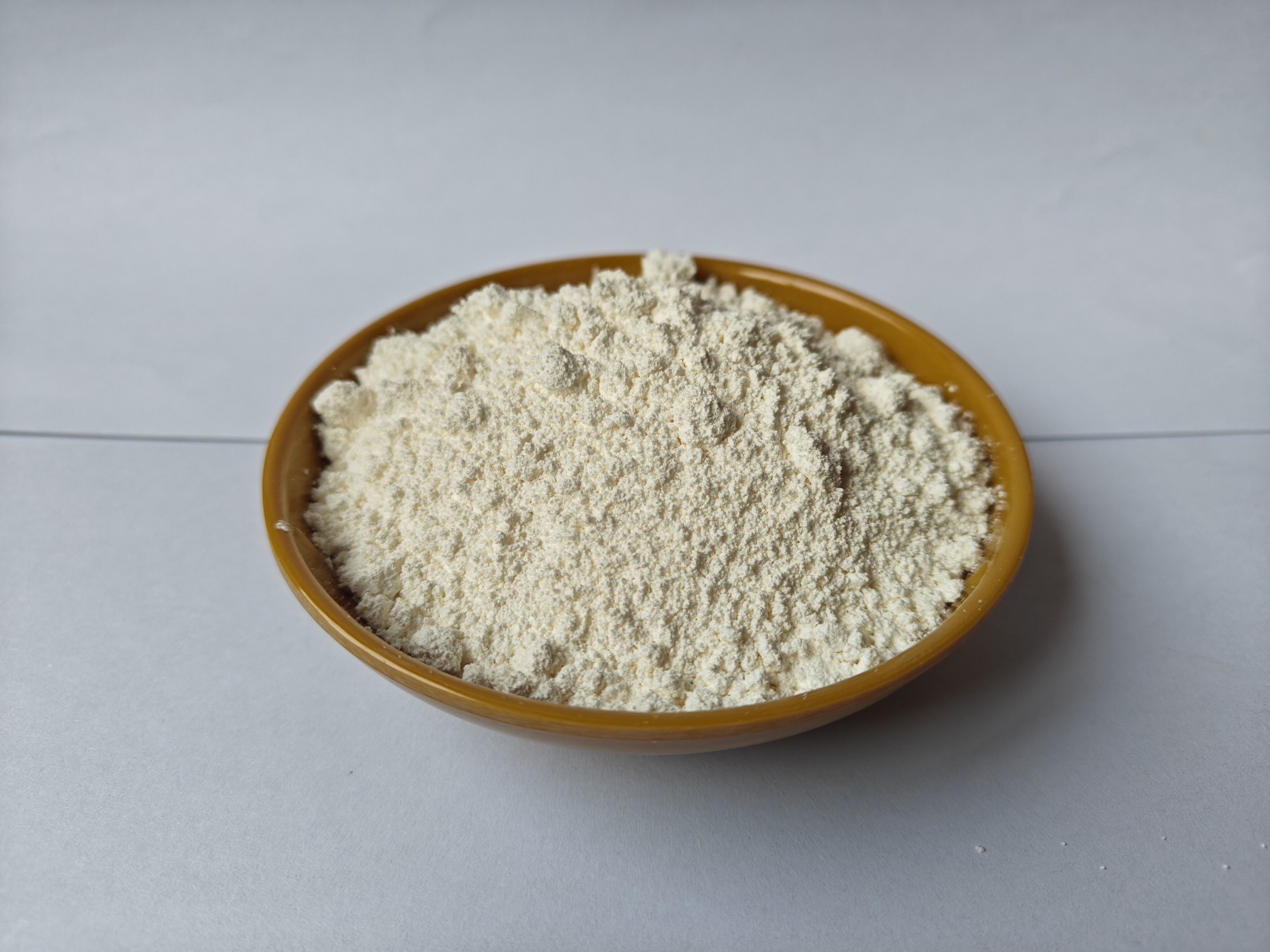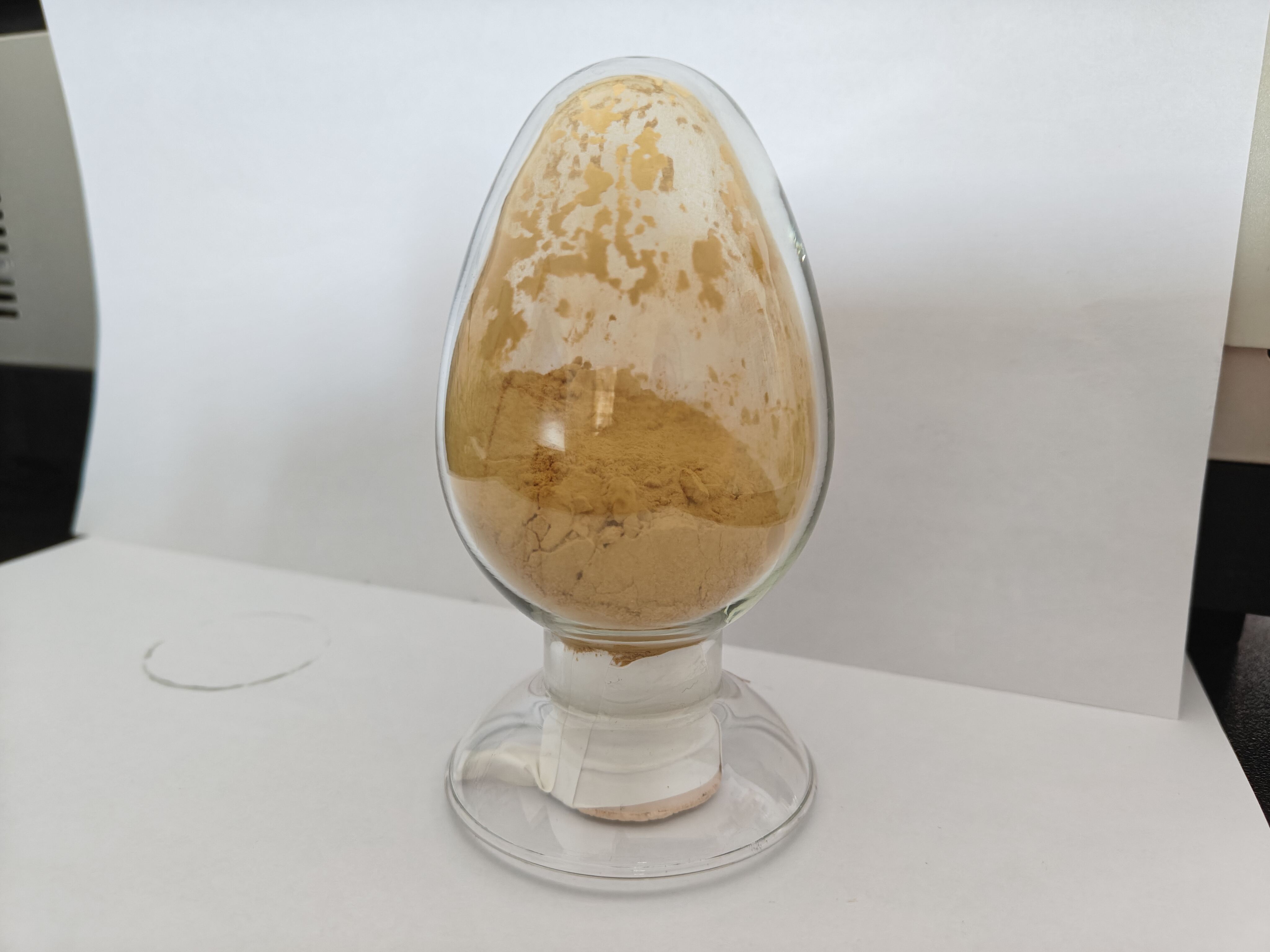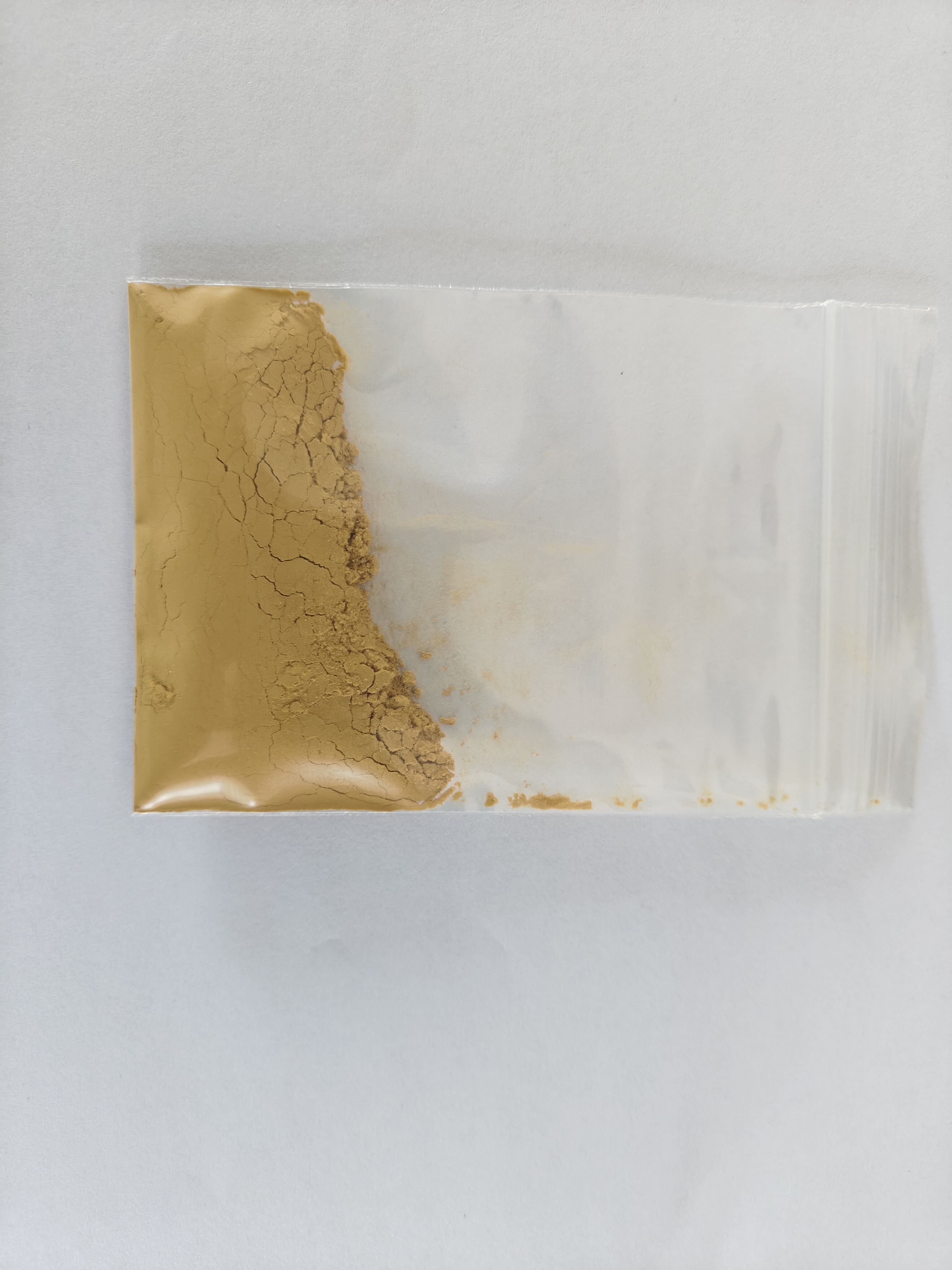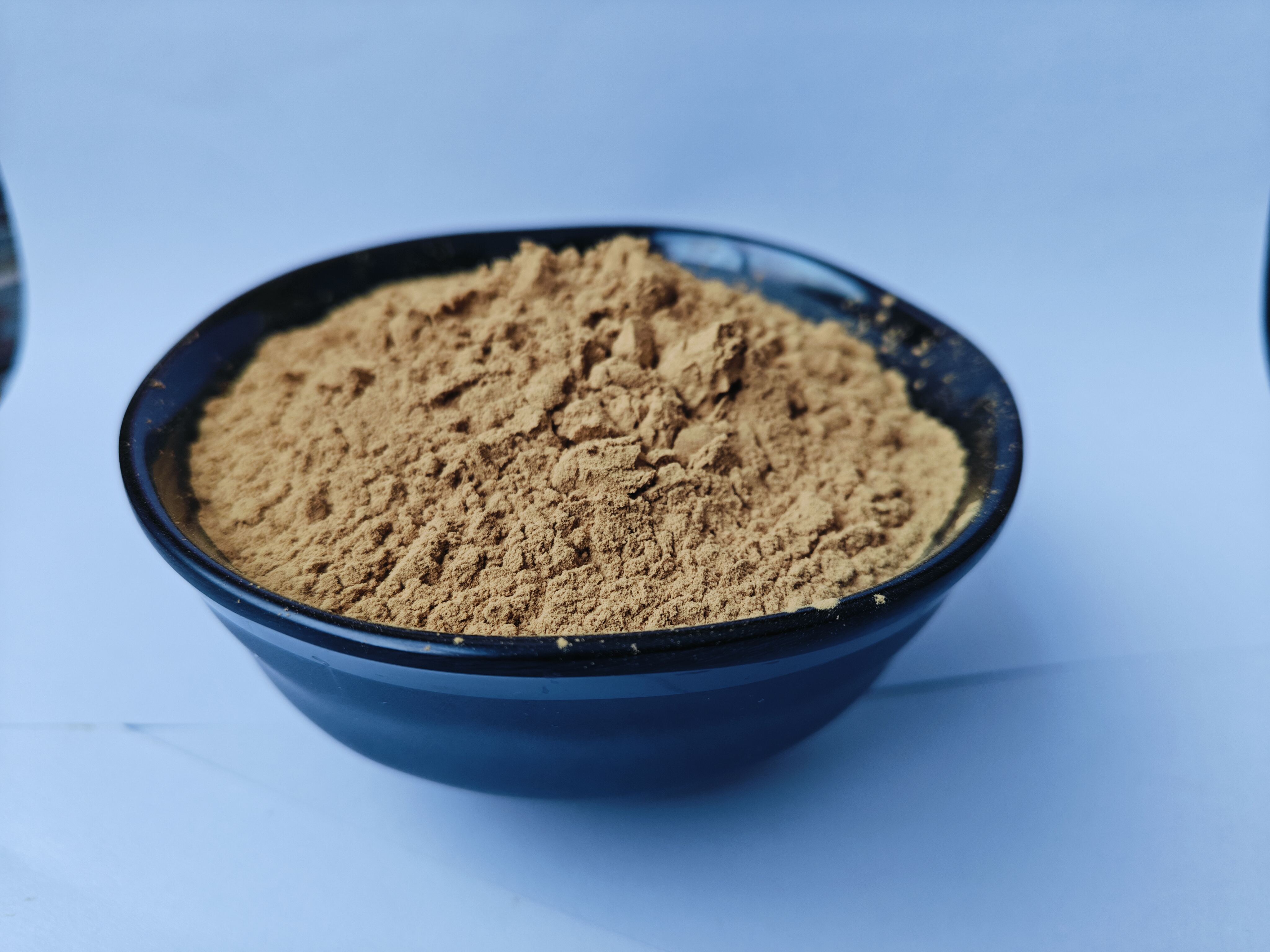anhydride-verbeteraars vir epoksharmonie
Anhydride-verbeteraars vir epoksharmonie stel 'n kruisverbindingskomponent in hoë-prestasie polimersisteeme voor. Hierdie gespesialiseerde chemiese samestellings fasiliteer die kruisverbindingsproses in epoksharmonieformuleringe, wat lei tot uitstekende meganiese, termiese en elektriese eienskappe. Die primêre funksie van anhydride-verbeteraars is om met epoksgroepe te reageer, 'n drie-dimensionele netwerkstruktuur skeppend wat die finale eienskappe van die verhardde stelsel bepaal. Hierdie verbeteraars word veral waardeer vir hul lae viskositeit, uitstekende vloei-eienskappe en gecontroleerde reaksie-vermoë, wat hulle ideaal maak vir verskeie prosesmetodes. In tegnologiese toepassings bied anhydride-verbeteraars verlengde potlewe, minimaal trekking tydens verharding en uitstekende hitte-weerstand. Hulle word wydverspreid gebruik in elektriese isolasie, komposietvervaardiging en hoë-prestasie bedekkinge. Die verhardingsproses vind gewoonlik plaas by verhoogde temperature, wat presiese beheer oor die reaksiekinetika en resulterende eienskappe toelaat. Moderne anhydride-verbeteraars is ontwerp om verbeterde stabiliteit, verminderde toksigheid en verbeterde kompatibiliteit met verskeie epoksharmoniesisteme te bied. Hul veerkragtigheid strek na toepassingsgebiede soos lugvaartkomponente, elektroniese inkapseling en industriële vloerstelsels, waar hul unieke kombinasie van eienskappe onmisbaar is.

